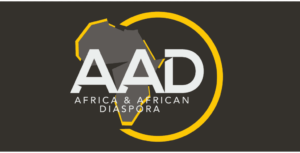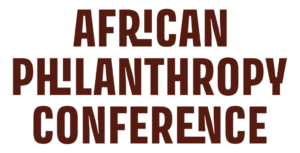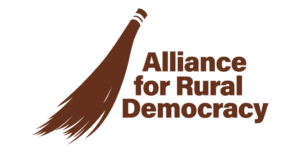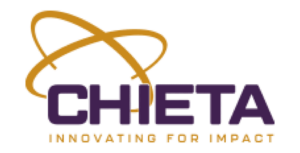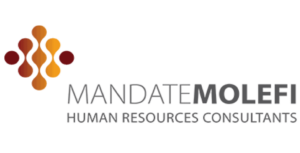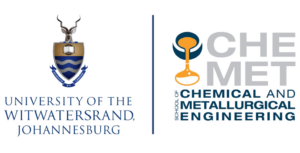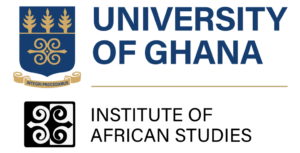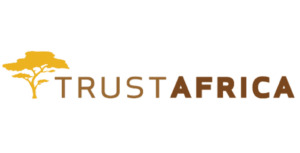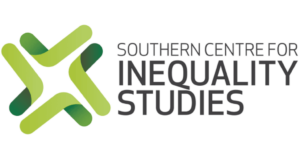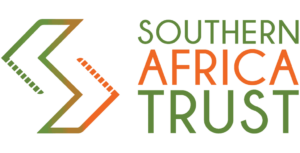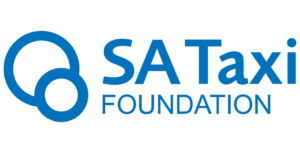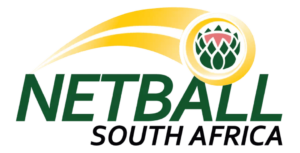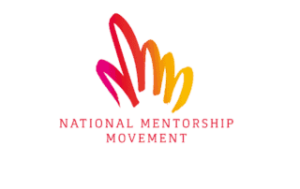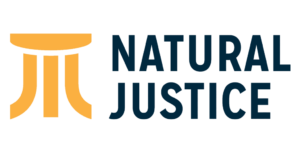The Indispensable Value of Transcription
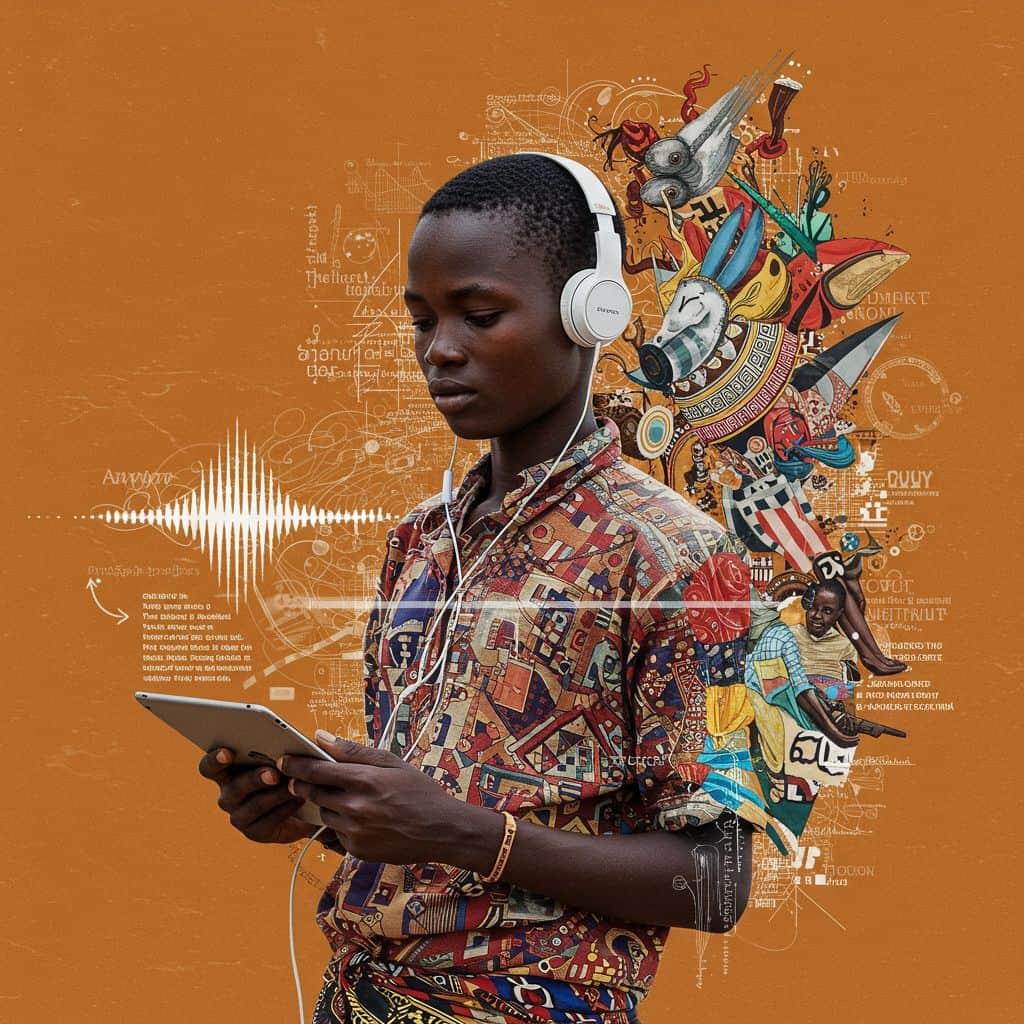
The Indispensable Value of Transcription
In an increasingly digital and multimedia-rich world, the spoken word reigns supreme. From community radio broadcasts and grassroots advocacy videos to participatory workshops and oral histories, information is frequently conveyed audibly or visually. Yet, despite the immediacy and richness of these formats, their true, enduring value often remains locked within their ephemeral nature. This is where transcription, the systematic conversion of spoken language into written text, emerges not merely as a clerical task but as a foundational process, unlocking profound benefits across diverse sectors, particularly for civil society and development practitioners in the Global South. This critique will delve into the indispensable value of transcription, examining its critical contributions to archiving and reference, content mining, and the crucial realms of Search Engine Optimisation (SEO) and Search Engine Marketing (SEM).
Archiving and Reference: Transforming the Ephemeral into the Enduring
The primary, perhaps most intuitive, benefit of transcription lies in its capacity to transform transient audio and video into permanent, searchable, and easily referenceable textual records. Spoken words, once uttered, vanish into the ether, making direct recall or precise citation a formidable challenge. Transcription addresses this fundamental limitation, converting the fleeting into the enduring.
Consider the vast repository of human knowledge and experience captured in community consultations, testimonies of human rights violations, indigenous oral traditions, and the proceedings of local governance meetings. Without transcription, navigating these archives is akin to sifting through an unindexed library. A development practitioner seeking a specific insight from a two-hour community dialogue would face a laborious, time-consuming task of repeated listening. However, with a comprehensive transcript, that same insight can be located in seconds using a simple keyword search. This immediate accessibility fundamentally alters the landscape of participatory research and programme evaluation, allowing for more efficient data retrieval, cross-referencing, and verification.
Beyond academic or historical contexts, the archiving benefit extends crucially to advocacy and accountability. Testimonies from victims of injustice, records of public hearings, or detailed accounts of development challenges, when transcribed, become irrefutable textual evidence. They provide a precise, immutable record that can be reviewed, analysed, and presented to policymakers, donors, or legal bodies, mitigating disputes and ensuring accountability. As Dr. Amina Khan, a cultural preservationist, aptly states, “In many Global South contexts, oral traditions are the bedrock of cultural heritage. Transcription isn’t just about documentation; it’s about safeguarding identity and knowledge for future generations, ensuring their wisdom is not lost but becomes a living, accessible legacy.” For civil society organisations, this translates into enhanced advocacy efforts, improved programme transparency, and a robust knowledge base for future interventions. The process of transcription, therefore, is not just about creating text; it is about building a durable, accessible, and verifiable historical record, transforming raw auditory data into a structured, retrievable asset that can be preserved and utilised for generations.
Content Mining: Unearthing Insights from the Spoken Word
Once audio or video content has been transcribed, it undergoes a profound transformation from an unstructured data format into a highly structured and analysable one, paving the way for sophisticated content mining. This process involves extracting meaningful patterns, trends, and insights from large volumes of text, a task that is virtually impossible with raw audio or video alone.
For qualitative researchers, programme evaluators, and community organisers, transcription is the essential first step in understanding local needs, identifying recurring challenges, and uncovering latent opportunities. Imagine conducting a series of focus group discussions or in-depth interviews with beneficiaries of a development project. Listening to hours of recordings to identify common pain points, assess programme impact, or understand community priorities is incredibly inefficient and prone to subjective bias. However, with transcripts, these spoken interactions become text data that can be fed into qualitative analysis software, subjected to keyword frequency analysis, or manually coded for thematic categorisation. This allows for the systematic identification of key discussion points, the tracking of specific terminology, and the nuanced understanding of participant perspectives.
Furthermore, content mining extends beyond mere thematic analysis. It enables organisations to gain actionable intelligence from feedback sessions, needs assessments, and internal team discussions. By transcribing these conversations, development agencies can identify common beneficiary queries, pinpoint areas where interventions falter, or detect systemic inefficiencies in programme delivery. The ability to quickly search for specific terms, analyse the context in which they are used, and aggregate findings across multiple interactions provides a powerful mechanism for data-driven decision-making. As Samuel Okoro, a Development Programme Manager, observes, “When we transcribe community dialogues, we move beyond anecdotal evidence to data-driven insights, allowing us to design truly responsive and impactful development programmes that genuinely address local realities.” In essence, transcription acts as the crucial bridge, converting the rich, but unwieldy, spoken data into a format ripe for deep analytical exploration, allowing organisations to unearth valuable insights that would otherwise remain buried.
SEO & SEM: Elevating Visibility in the Digital Landscape
Perhaps one of the most commercially impactful benefits of transcription, particularly in the digital age, lies in its profound influence on Search Engine Optimisation (SEO) and Search Engine Marketing (SEM). In a world where search engines are the primary gateway to information, content that is not text-based remains largely invisible. For civil society and development organisations, this invisibility can severely hamper advocacy, fundraising, and knowledge dissemination efforts.
Search engine algorithms are designed to crawl and index text. While advancements in AI are improving audio and video recognition, they are still far from perfect, and text remains the most reliable and direct way for search engines to understand content. By transcribing podcasts, video content, webinars, and even live streams of community events or policy discussions, organisations immediately make their multimedia offerings discoverable. Every word spoken in the audio or video becomes indexable text on a webpage. This means that relevant keywords and phrases embedded within the transcript can be picked up by search engines, significantly boosting the content’s organic search rankings. A video about “climate resilience in coastal communities,” for instance, will only rank for that term if the phrase is present in its accompanying transcript, allowing it to appear in search results when users query that topic.
Beyond direct keyword visibility, transcription enhances accessibility, which indirectly contributes to SEO. Providing accurate captions and transcripts for video content ensures that hearing-impaired individuals can access the information, broadening the audience reach. Search engines favour accessible content, further rewarding sites that offer such provisions. Moreover, transcripts can increase user engagement. Visitors might prefer to read a summary or quickly scan for specific information rather than watching an entire video, leading to longer time-on-page metrics, a positive signal for search algorithms. As Lena Mkhize, a Digital Advocacy Lead, asserts, “To amplify the voices of the marginalised and reach global policymakers and potential donors, our stories must be discoverable. Transcription makes our advocacy visible where it matters most: online, ensuring our crucial messages cut through the noise.“
In the realm of SEM, transcripts provide a rich source of keywords for targeted advertising campaigns. Marketers can analyse transcripts of successful advocacy content or fundraising appeals to identify high-performing keywords and phrases, which can then be used to inform pay-per-click (PPC) campaigns, ensuring that ads are shown to the most relevant audience – be it potential donors, policy influencers, or community members seeking information. Furthermore, the detailed content within transcripts can be repurposed into blog posts, social media updates, and email marketing copy, extending the reach and utility of the original multimedia asset. Thus, transcription is not merely a passive record-keeping exercise; it is an active strategy for amplifying digital presence, driving traffic, and maximising the impact of development and civil society initiatives.
In conclusion, the value of transcription extends far beyond its seemingly simple function of converting speech to text. As a fundamental process, it acts as a powerful catalyst, unlocking the full potential of spoken and visual content. For practitioners in civil society and development in the Global South, its benefits are particularly profound. From creating enduring, searchable archives that preserve invaluable indigenous knowledge and human rights testimonies for posterity, to facilitating deep content mining that unearths critical insights for designing truly responsive and impactful programmes, and critically, to dramatically enhancing online visibility through SEO and SEM to amplify advocacy and fundraising efforts, transcription proves its indispensable worth. While considerations of cost and accuracy are valid, the multifaceted benefits it delivers – transforming ephemeral conversations into tangible, analysable, and discoverable assets – firmly establish transcription as an essential investment in an information-driven world. It is not just about what is said, but about ensuring that what is said can be found, understood, and leveraged to its fullest extent for positive social change.
by Lethumusa Kulube
10 July 2025

